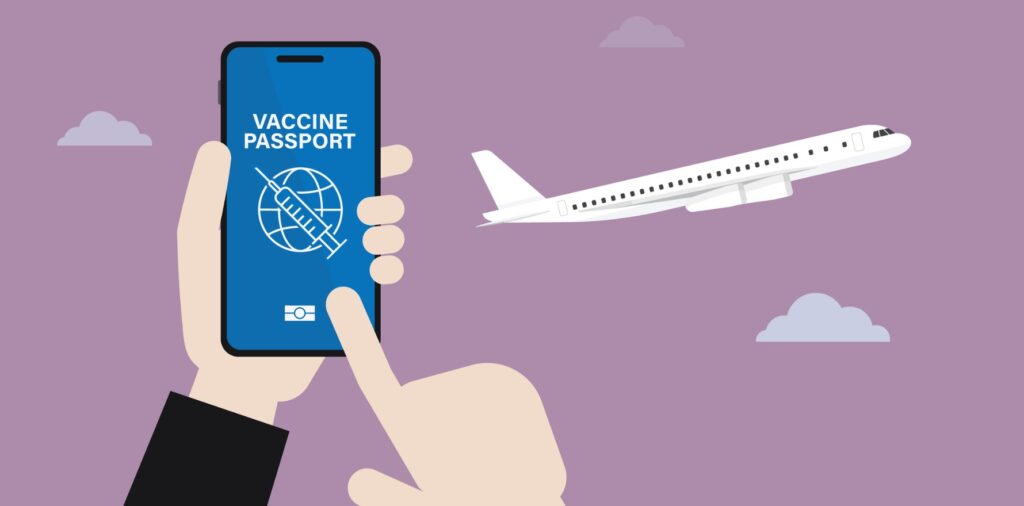
In a proof-of-concept step to becoming a digital solution for international travellers seeking to navigate border restrictions, Australian company goPassport is launching a website at the start of July to help Aussies smoothly cross state borders.
The Know Not No website brings together state government advice on travel restrictions, entry requirements and safety precautions in a one-stop location. goPassport is hoping to have the website’s URL included on 5,000 airline and hotel reservations a day by the end of July.
The Cairns-based company’s bigger ambition is an end-to-end journey app for international travel that provides the user with travel and testing requirements before departure, including the location of verified testing centres. Once a user is at the airport, they can show officials a QR code that proves details of vaccination, a negative COVID test or recovery from COVID. The vision is for travel passes such as goPassport’s to enable “green” express lanes at the airport for compliant travellers.
“Our [app] has unique guiding, monitoring, alerting and escalation capabilities,” goPassport CEO Matt McKinley told Wild Health. “[It] is built to connect to other systems such as border agencies, health departments, airlines and airports to fully support the effective operation of green lanes and to expedite traveller processing.”
The app is still in development, with Mr McKinley expecting to launch when international travel recommences. Other similar apps, such as IATA Pass and the CommonPass, are already up and running, placing goPassport at the back of the pack in the race towards the traveller’s smartphone.
goPassport recently met the Prime Minister and Cabinet in Canberra and Queensland’s Department of Health to try to gain domestic momentum, but neither government department was willing to endorse goPassport at this stage.
Two key pieces need to fall into place: an internationally recognised health certificate that can be integrated into a travel pass, and clear evidence of interoperability, meaning the travel pass is accurate and safe across jurisdictions.
The European Union is leading on the health certificate front with the launch of its Digital Green Certificate on 1 July. The WHO is expected to mirror the EU’s efforts with its digital Yellow Card, which has been endorsed by the Australasian Institute of Digital Health and is in sync with the Australian Immunisation Register. The AIR is the repository for Australia’s new COVID-19 digital certificate, which is expected to suffice for domestic travel until an international standard gains currency.
To ensure travel pass contenders are offering an interoperable and safe solution, the Good Health Pass (GHP) collaborative, a public-private initiative by ID2020 supported by 125 organisations, has created blueprint standards for developers to adhere to.
Good Health Pass’ Ethan Veneklasen explained at a recent executive breakfast hosted by goPassport that GHP’s standards promote privacy and limit the possibility of discrimination.
“ID2020 has always been very committed to our digital identity principles, which [were] developed in partnership with the UN High Commissioner for Refugees,” Mr Veneklasen said. “When we undertook the Good Health Pass collaborative, we started from the very same perspective.”
A GHP-compliant travel pass needs to feature digital signatures, show the pass is bound to a traveller’s identity to prevent forgery, and transmit the minimal amount of data necessary to the verifier to ensure privacy. The final 181-page GHP blueprint will be made publicly available on 30 June.
Mr McKinley confirmed goPassport was in the process of formally endorsing the GHP blueprint.
“We intend to maximise opportunities for interoperability so a goPassport traveller who has been vaccinated should be able to request, for example, the issue of an EU certificate for travel in Europe,” he said.
